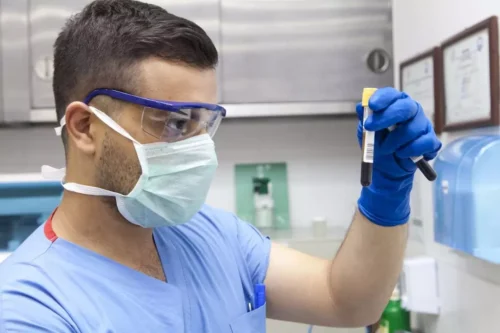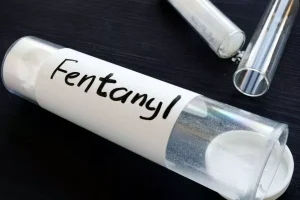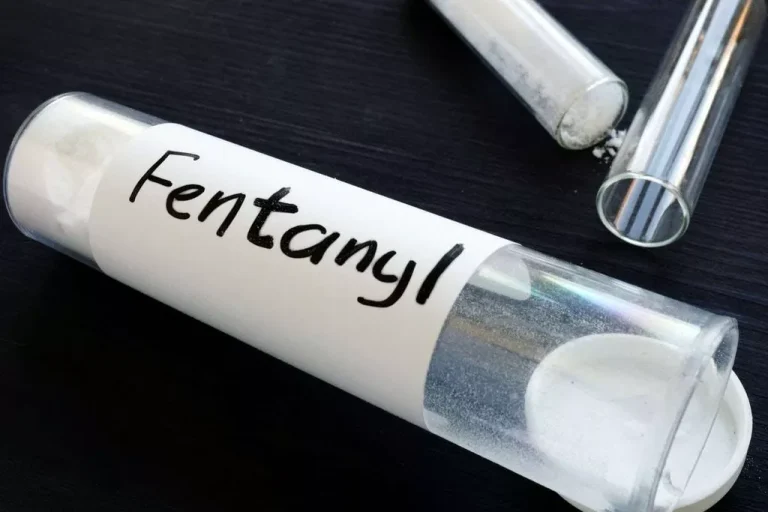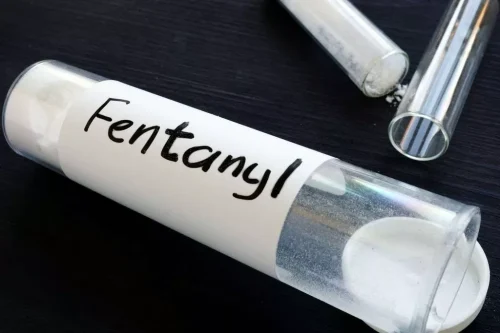
That wears off, and the addict or alcoholic in recovery must do the hard work of learning how to deal with life’s ups and downs without reaching for a drink or drugs. Alcohol relapse is when a person who has been through alcohol addiction treatment returns to alcohol after a period of sobriety. It may be a one-time lapse or a more sustained return to drinking but it can seriously affect a person’s confidence or cause them to feel like they have failed. However, it is incredibly important to know that up to 90% of people in alcohol recovery relapse at least once before taking full control of their addiction and so alcohol relapse is nothing to Substance abuse be ashamed of.
Comprehensive Treatment for Alcoholism at Mainspring Recovery
It is important to remember that recovery is a journey, not a destination, and that relapse does not mean failure. With the right approach, individuals can find the strength and resilience to overcome their addiction and achieve lasting sobriety. Studies suggest that approximately 50% of individuals who experience a lapse go on to have a full relapse. Recovering from alcohol can be such a difficult process and so even a minor relapse can feel like a major defeat.

Socioeconomic Factors and Alcohol Relapse
- Conversely, strong social networks and consistent support play vital roles in maintaining recovery.
- “The drug use becomes recognized by the brain as more important than survival itself,” Seppala says.
- It is constructive if the relapse occurs due to a lack of social support.
- Most substance users who enter rehabilitation programs do so in isolation.
With solid support systems and mental health care, the chances for sustained sobriety increase significantly. Factors such as previous treatment experiences, co-occurring mental health disorders, and environmental triggers play a significant role. Identifying these elements can help in mitigating risks and improving recovery outcomes. Relapse is an often misunderstood component of recovery from mental health disorders and substance use, occurring as a process that unfolds over weeks or months through emotional, mental, and physical stages.
What is the relapse rate after one year of addiction treatment?

These same solutions would be just as effective for those they view as “normal people,” too. Addiction is behavioral, and anytime we can change those behaviors and improve our outlook on life, we can and do become better people. Not only do people recover from a hopeless state of mind and body, but they are given the opportunity to start over and be happy for the remainder of their lives. Part of this statement is not a myth as it is true that people often relapse.
- The hospital or treatment center will also provide medical assistance, medications, an education plan, and evidence-based support services to help you avoid relapse.
- One additional factor that contributes to addicts relapsing is the matter of family recovery or the lack thereof.
- Thus, in those instances the animals showed increased AOD self-administration regardless of whether the stressful experiences continued up to the AOD-use assessment or had ended weeks earlier (Shaham 1993).
- While it can be frustrating, understanding how relapse happens can prepare a person for the struggles of addiction.
- Together, they create a comprehensive safety net that supports individuals through setbacks and guides them back to a path of recovery.
- The journey to recovery may be fraught with challenges, but with persistent effort, support, and adaptation of strategies, long-term sobriety is an attainable goal for many.
Get our newsletter and receive news on addiction, intervention and our company
- As the man told his story, he shared with the onlookers that he lost his eyesight at the age of 19.
- However, various treatment options, including outpatient counseling and inpatient rehabilitation, are available to support individuals in their recovery journey.
- Experts thinkthis occurs because the neural circuits involved in stress and mood are the same circuits involved in the brain’s reward system.
- For example, they may choose to smoke marijuana to relieve stress after a year of sobriety or have a glass of wine with friends because they feel like they can manage it without going overboard.
- The likelihood of relapse rose to 45% for individuals with one risk factor, 70% for individuals with two risk factors and 86% for individuals with three or four risk factors.
This association of the serotonin system with both consummatory behaviors and anxiety states further supports the notion that a neurobiological connection exists between stress and AOD use and abuse. In the clinical arena, however, the relationship between stress and alcohol use has been more difficult to characterize. For example, human laboratory studies have not uniformly supported a prominent theory called the tension-reduction hypothesis of alcohol use, which posits that people use alcohol to reduce stress. Furthermore, studies of the relationship between stress and alcohol use are difficult to conduct in alcoholic patients and, as a result, have numerous inherent limitations. Recovery from an alcohol use disorder and living a sober life requires daily work and discipline; and it is ultimately about making progress and moving forward in one’s life without the negative consequences of alcohol use, not perfection. how often do alcoholics relapse Relapse prevention is a pivotal component of any treatment plan for alcoholism or any other substance abuse disorder.

A Complete Guide to Addiction and Dual Diagnosis Recovery for Your Loved One
I know these numbers may sound depressing, but they are very similar to relapse rates of other chronic diseases, like cancer, for example. Younger individuals, specifically those aged 18-24, encounter a 61% relapse rate, which is significantly higher than the 40% relapse rate noted in older adults aged 45 and above. These figures suggest that younger populations may benefit from targeted interventions that address the unique pressures and risks they experience. Recording these aspects is vital to formulating a sustained recovery strategy that promotes long-term health and sobriety. Furthermore, addressing the barriers to effective treatment can improve outcomes for those in recovery. The Reframe app equips you with the knowledge and skills you need to not only survive drinking less, but to thrive while you navigate the journey.


Recent Comments